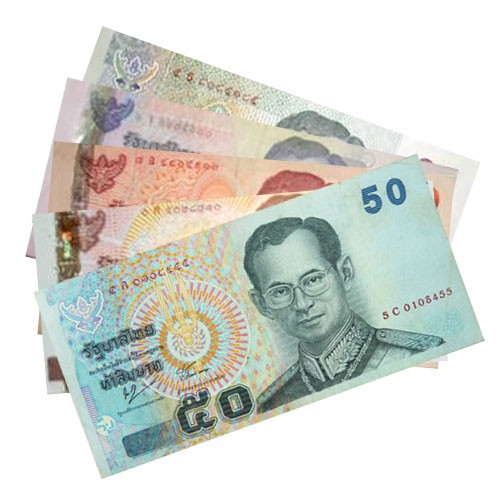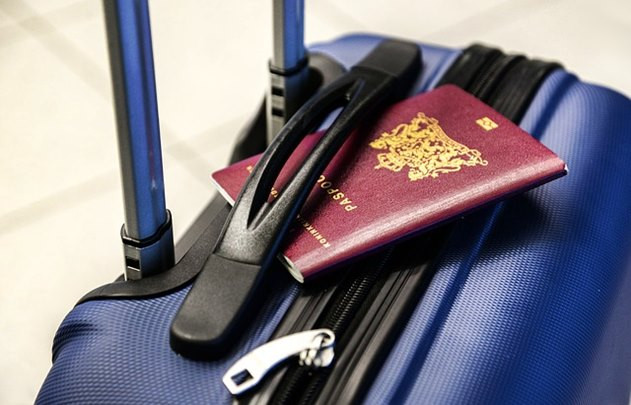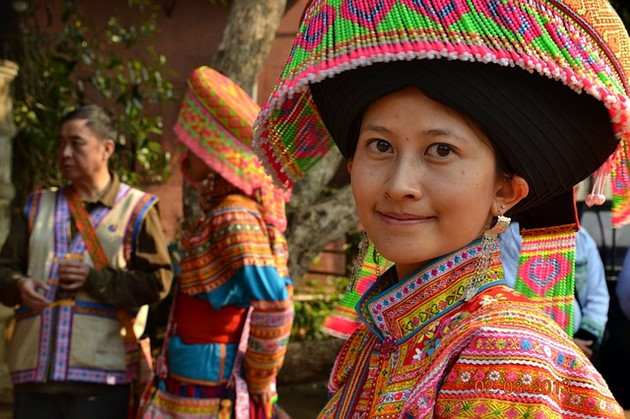
One of the questions first-time travelers to Bangkok, Thailand often seem concerned about is “Should you buy Thai baht before arriving in Bangkok?”. After all, some so-called financial ‘experts’ say the rate is the same outside the country as in, so it does not matter where you buy your Thai baht.
Actually, that is completely wrong. Buying Thai baht before arriving in Bangkok will usually mean you get a much lower exchange rate and, in effect, lose money.
Why is that?
Thai baht has a lower exchange rate outside Thailand
In most circumstances, Thai baht has a lower exchange rate outside Thailand.
That means if you get 35 baht to the dollar in Bangkok, in the U.S. you would get 31-32 baht to the dollar. While three or four baht less per dollar does not sound like much, if you are exchanging a few hundred dollars, it is.
For instance, if you exchange $500 in the U.S. before you arrive in Bangkok, you would lose approximately 3 baht per dollar. That is a total of 1,500 baht for the entire $500 you exchange.
How much is 1,200 baht in dollars? Around $43.
What does that buy you in Bangkok? At least six meals in an average Thai restaurant, or lunch for almost a week.
Buying Thai baht in Bangkok
If you arrive in Bangkok without any Thai baht at all and need money for a taxi or for drinks then, sure, exchange a small amount of money at an airport bank like Bangkok Bank or Krung Thai ($20 or the equivalent would be enough).
Otherwise, avoid the airport banks and exchange booths as the rate you get is much lower than banks in Bangkok itself.
So, if you shouldn’t buy baht before you arrive in Bangkok, where should you get it when you do get here?
You have a few choices.

1. Use your ATM card when you arrive at the airport. I have always found the exchange rate I get by using my ATM card to withdraw money directly from the U.S. gives me a better exchange rate than exchanging cash.
That, however, is because my U.S. bank does not charge a fee for withdrawing money overseas. If yours does, you may end up with a lower exchange rate because of it, so do check that before you arrive so you know what exchanging money is costing you.
Do be aware, though, that Thai banks now charge 200 baht per withdrawal (yes, we know, it’s a rip-off) so withdraw as much as you can all at one time as you save having to pay lots of 200 baht fees that way. There are other ways you can also save on paying the fee.
2. Exchanging money at a bank or money exchange booth — There are banks all over Bangkok. Most days it seems like there is one on every block. You will find stand-alone bank locations on streets all over the city. Banks also have locations in shopping malls and in supermarkets, and most will exchange foreign currency.
The exchange rate you get depends on the bank you go to, so do check the rate before you decide. You can do that at Bank Exchange Rates, an exchange rate chart for Thailand, which is updated in real-time.
There are also money exchange booths dotted around town that will sometimes give you a slightly better rate.
Honestly, though, unless you are exchanging over $1,000 at a time, it’s not worth traveling halfway across the (very hot) city to find one, so I only ever use them if there is one conveniently near by.
3. Exchanging traveler’s checks — You can also bring travelers checks and exchange them at a bank.
The problem with this is that Thai banks now charge a 200 baht fee per traveler’s check, so not really worth it unless the check is for a high denomination and you have no other way of getting cash.
If you do decide to use traveler’s checks, you must have your passport with you when attempting to cash them and many banks will also want the address of where you are staying.
4. Exchanging money at your hotel — Don’t. Not unless you can afford to lose a lot on every exchange, as hotel exchange rates are notoriously bad.



